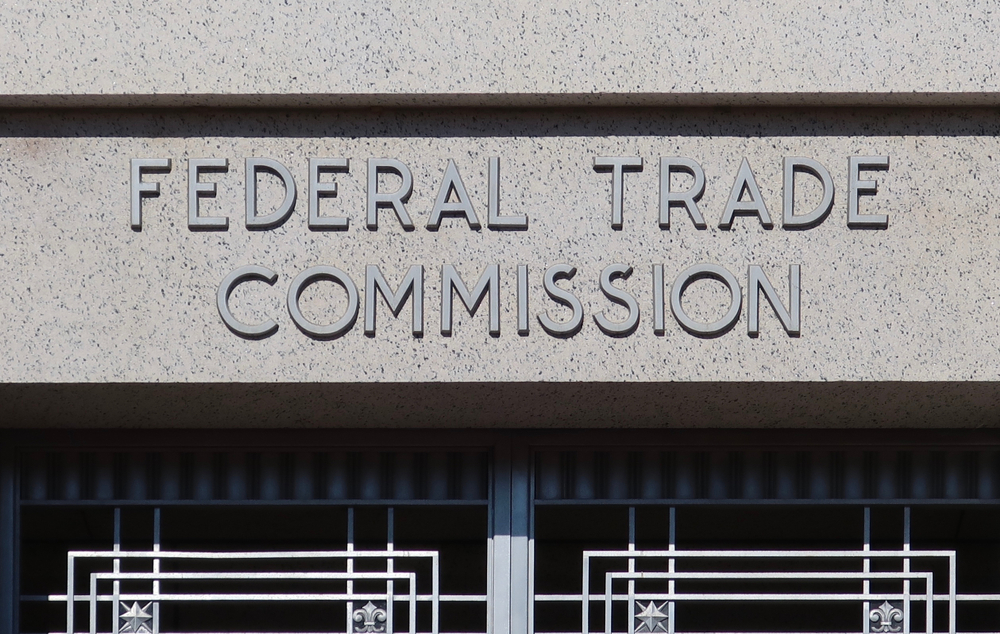
In a move aimed at addressing rising drug prices and fostering fair competition in the pharmaceutical industry, the U.S. Federal Trade Commission (FTC) announced on Tuesday that it has sent notice letters to several major drugmakers and medical device companies, disputing the accuracy and relevance of more than 100 patents listed in the U.S. Food and Drug Administration’s (FDA) Orange Book. The targeted patents include those related to critical medical devices such as asthma inhalers and epinephrine autoinjectors, reported Yahoo.
The FTC’s action comes as part of its ongoing efforts to curb wrongful patent listings in the Orange Book, which can have far-reaching implications for the American public. The Orange Book serves as a critical reference for identifying drugs and products that the FDA has certified as safe and effective for use by consumers. However, companies that improperly list patents in the Orange Book can significantly disrupt the pharmaceutical market, leading to inflated drug prices, hindrance of fair competition, and the delay of more cost-effective generic alternatives.
FTC Chair Lina Khan expressed concern over the consequences of such improper patent listings, stating, “Wrongfully listed Orange Book patents by pharma companies can raise drug prices for Americans, harm fair competition, and delay better drugs.”
Read more: Excessive Pricing in Pharmaceutical Markets
She further highlighted the tangible impact on individuals who rely on essential medical devices, saying, “Millions of Americans rely on inhalers to control their asthma. And even though some of the most popular inhalers have been on the market for decades, they can still cost patients hundreds of dollars a month.”
The issue of wrongful patent listings has been a growing concern for the FTC, and its recent actions underscore the regulator’s commitment to ensuring transparency and fairness in the pharmaceutical industry. In September, the FTC had already warned drugmakers that they could face legal consequences if they inappropriately listed patents with federal health regulators, and it has now followed through on its commitment by scrutinizing the identified improper listings.
While the FTC’s latest move is significant in addressing the problem, it remains to be seen how the targeted drugmakers and medical device companies will respond to the notice letters and whether any legal actions will be pursued. The outcome of this dispute will likely have a lasting impact on the accessibility and affordability of essential medications and medical devices for consumers across the United States.
Source: Finance Yahoo
Featured News
Google and South Carolina Clash Over State Records Demand
May 8, 2024 by
CPI
Telefonica Germany Teams Up with Amazon Web Services to Migrate 5G Customers
May 8, 2024 by
CPI
Federal Judge Grants $7.4 Million Settlement in Pork Price-Fixing Case
May 8, 2024 by
CPI
Wilson Sonsini Bolsters Antitrust and Competition Practice with Key Partner Returns
May 8, 2024 by
CPI
EU to Scrutinize Telecom Italia’s Network Sale to KKR
May 8, 2024 by
CPI
Antitrust Mix by CPI
Antitrust Chronicle® – Economics of Criminal Antitrust
Apr 19, 2024 by
CPI
Navigating Economic Expert Work in Criminal Antitrust Litigation
Apr 19, 2024 by
CPI
The Increased Importance of Economics in Cartel Cases
Apr 19, 2024 by
CPI
A Law and Economics Analysis of the Antitrust Treatment of Physician Collective Price Agreements
Apr 19, 2024 by
CPI
Information Exchange In Criminal Antitrust Cases: How Economic Testimony Can Tip The Scales
Apr 19, 2024 by
CPI